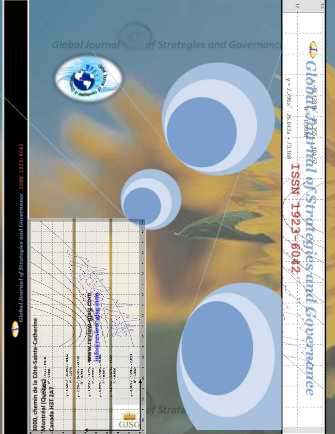
MAER is an international journal designed to support decision-makers, businesses and those who provide services to them. The journal editorial policy is interdisciplinary, bridging applied economics, business strategy and management to support better decision-making and business performance. MAER targets valuable findings published in scholarly research journals to create accessible briefing articles that practitioners find appealing. MAER is unique in applying vigorous research analysis to inform managerial economics decision making and support start up companies with their business direction. MAER is a highly accessible professional journal, combining academic depth with practicality, publishing clear, straightforward articles that are distinctly geared toward the business world. Among the criteria we use to determine whether or not a paper is suitable for sending out for review are: Is the choice of a field or sub-field in the topic studies mature enough to warrant a literature review? Are details provided of how the boundaries to that field have been defined to include specific details of what is included and excluded, and why? Is there a synthesis and evaluation of the accumulated state of knowledge in that field, summarizing and highlighting current and emerging insight, while stressing strengths and weaknesses of prior work? Does the review include consideration of how research has developed in the field into sub-categories, concepts or themes that can provide a more holistic interpretation and (re)categorization of that field? Is there a complete analysis of the literature surveyed in terms of discussions of any contrasting methodologies used in the literature, the strength and weakness of particular approaches to studying the subject under review, the quality of the studies in the field, the general conclusions to be drawn from the literature (for example, the current agreements and disagreements contained within the field) providing a thorough discussion of where the literature is now; Are there reasoned and authoritative conclusions as to where the literature is, or perhaps should be going, and what important questions, or gaps, still exist in the field? Is there a clear statement about what contribution the review makes to theory, practice and/or research?
|



